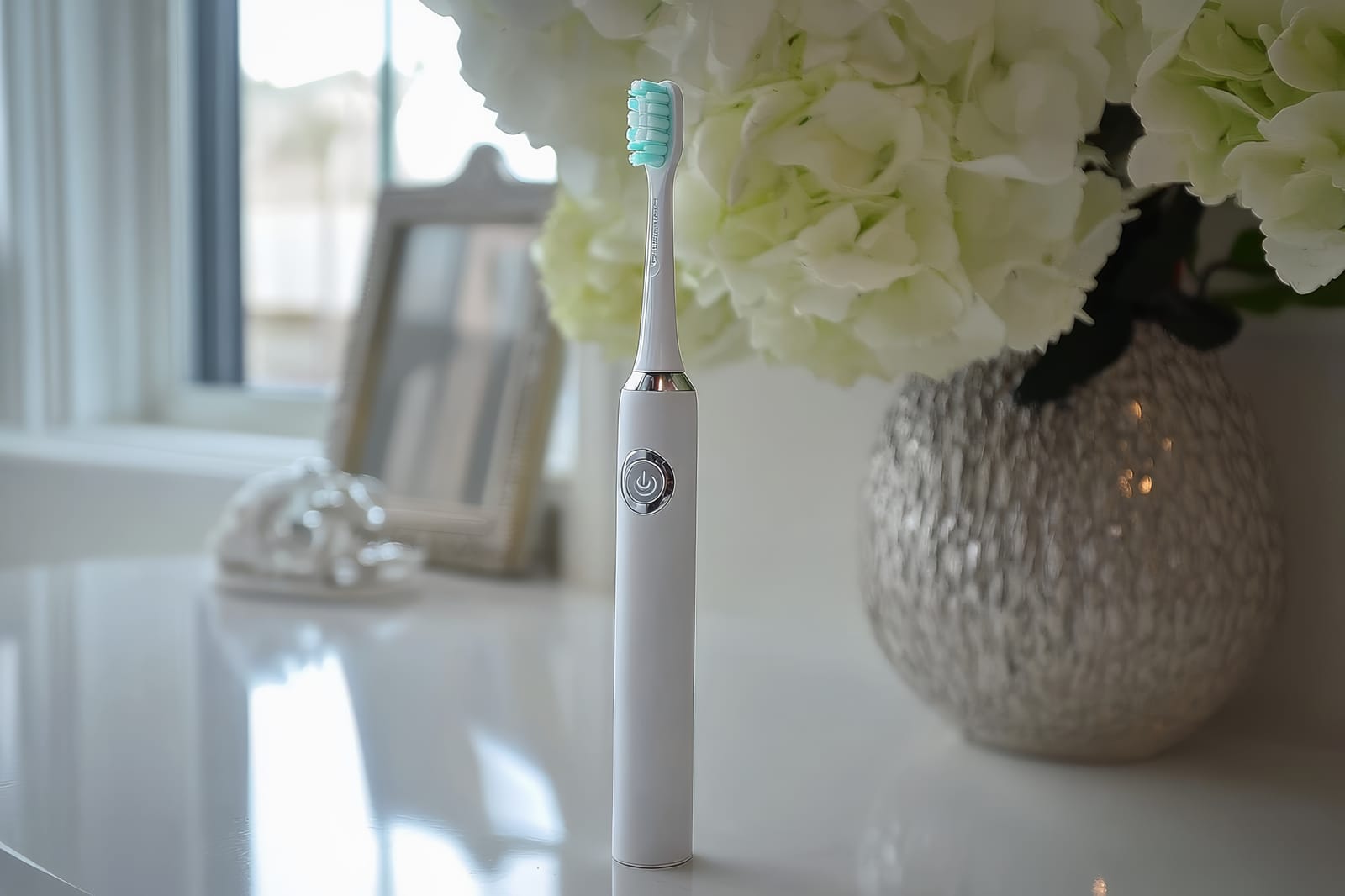How To Address A Rotten Tooth Smell Quickly And Safely
Having a sensitive sense of smell can be both a blessing and a curse, as nothing disrupts personal comfort more than an unpleasant odor emanating from your mouth. A common concern for dental patients is the distinct and often embarrassing "rotten tooth smell." Understanding its causes, implications, and the appropriate remedies is crucial for maintaining…


